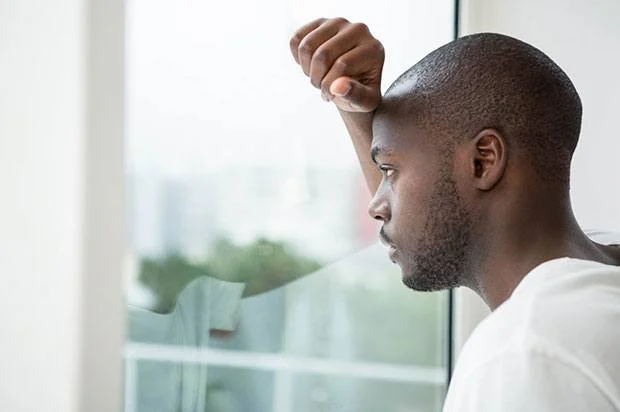Opening up about a personal problem is almost unheard of in today’s society. We are taught to put on our best faces and leave that extra baggage at home. However, in those rare moments when others do peel away the mask, there seems to be a generic fallback response:
Someone else has it worse.
Just stop!
Reminding someone who is hurting that other people have it worse is one of the worst possible things to say. What is the point in saying this? To remind us that we don’t have it all that bad?
SPOILER ALERT – we already know this.
Do you honestly think saying that is going to make us feel better? Yet, for some reason, this is one of the most popular responses given to those in pain seeking help and encouragement from others.
Someone else has it worse. It is a tactic introduced by parents at a very young age. It usually starts with “eat your food, there are starving children elsewhere,” and later evolves to “be happy, there are people who are not as fortunate as you.” Albeit a very good tactic for getting children to appreciate what they have before them, it is not something that can be blanketed for every situation.
Why?
Unfortunately, anxiety and depression sometimes causes emotions that cannot be explained. Most of the time while venting about feeling a certain way, the corresponding response from the person listening would be to ask why. Doesn’t matter if that person is a therapist, a parent, or even a stranger. That question just seems to make its way out there. But, here’s the thing: sometimes we just don’t have a reason. And because of this, because of the social ignorance regarding this, it takes a lot to open up to someone about said emotions. Especially when these invisible illnesses tend to lead towards isolation.

Ask For Help
Asking for help is a big step, but telling someone to cheer up because someone else has it worse is the absolute wrong response. It’s a slap in the face. Salt in the wound. A total shutdown. Though it may seem like a matter of perspective to you, to us it sounds like, “your problems are so unimportant to me, get over yourself.”
That’s the problem with anxiety and depression, they aren’t always rational or logical. Taking things into perspective doesn’t come easily and, even though said with the best intentions, it can increase self-deprecation for the person on the receiving end; we feel so pathetic, feeling bad for no reason, when others do have a legitimate reason to but don’t.
But here is what’s forgotten: we don’t live their life, we live our own. Comparing ourselves to another by saying we have it better than they doesn’t promote appreciation and gratitude like it once did when we were children. No. Nowadays, it’s a gateway towards self-righteousness and sanctimony. At least we don’t have it as bad as Jim does.
Instead, learn to be a friend. Listen to the problem and show support. Pointing out another’s misfortune is a cop-out. Something to say when you don’t want to hear the problem but don’t want to seem insensitive.
Listen. That is all we want. Cheki Tubonge!






Angie Kariuki Reply
This is so true..
Thank you for such an eye opening story